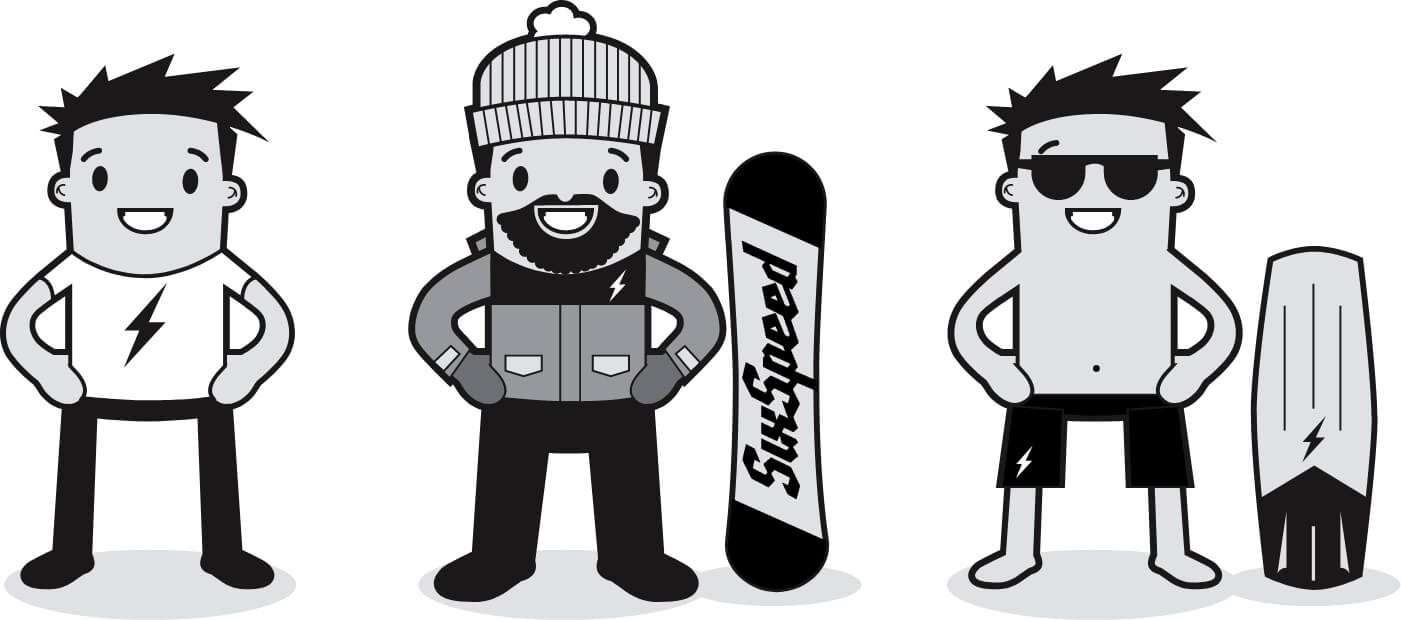The phrase “Content is king” misses the point — not all content is worthy of royal status. And since the great experiment called the internet has given us a lab to test our creations in real time, one truth has become clear: Some content is better than others. And at the top of the proverbial hill is what we call “experiential content.”
We know what you’re thinking, “Oh great, another marketing buzzword.”
No.
Okay, yeah, kinda. But this is bigger than marketing speak. We believe, in the near future, a brand’s success will depend on how well they understand — and execute — “Experiential Content.”

Content is king misses the point.
So, WTF is experiential content, anyway? It used to be, when a brand wanted to engage their audience, they would create an experiential event. People would come. Brand messages would be taken in. And, to amplify the messaging, a short video of the event would be pushed to a social network or two. Easy.
Today, that tried and true formula no longer adds up to success. It isn’t enough to say “Build it and they will come.” Because why should they?
Content, on its own, is quantitative. It’s created on the assumption that an audience will be willing to consume it — whatever it is.

Experiential is qualitative. It’s an interplay between creator and consumer. When one acts the other reacts and so on. By its nature, it can not be merely a self-serving soliloquy of product benefits and features. The consumer will walk away because the brand hasn’t shown they understand them as a human being.
Experiential content is thinking about all brand experiences (like websites, social media, blog, retail, customer service, etc.) as events so they’re as immersive, rich and dynamic as possible. Think about it: effective Experiential and/or Event Marketing requires your brand to be very thoughtful about how it interacts with guests. You create multiple touchpoints with various interactions throughout to enrich the experience. Experiential Content is taking that mindset and extending it across all channels.

Not all content is created equal.
This is easier for some brands than others. For example, newer companies often have an easier time creating and sharing this form of content because it’s been “baked in” to their brand already as the new way to communicate. This is especially true of lifestyle brands that think of themselves from the eyes of their consumers and fans. For older, more-established companies the switch is likely more of a sea change and, therefore, a greater hurdle. But it’s totally doable. And worth the effort.
So, no, not all content is created equal. In order to have the greatest impact, consider adding more depth to your marketing. Make it more interactive, more dynamic and just more experiential. It could be the difference between success and, well, royal failure.
